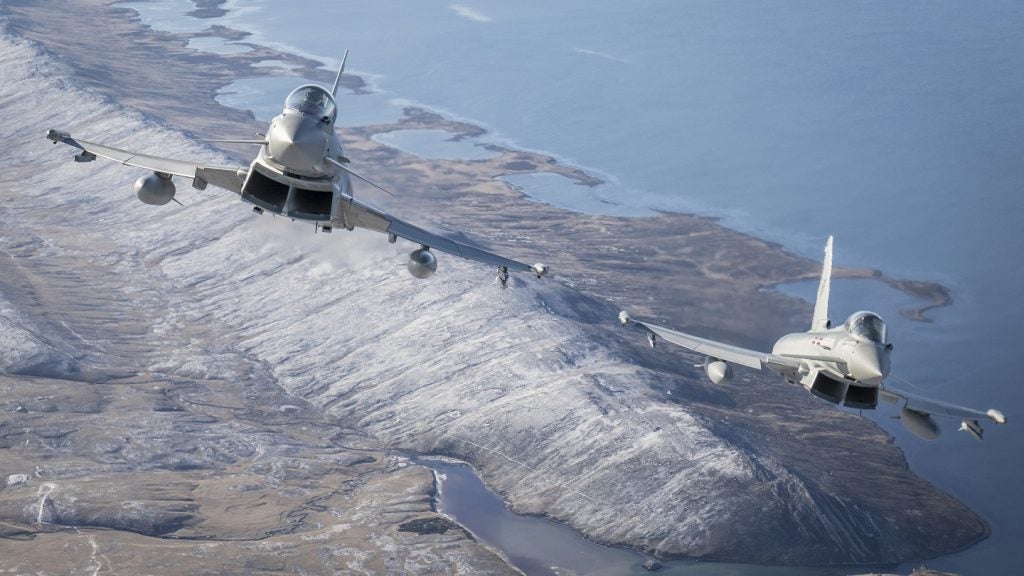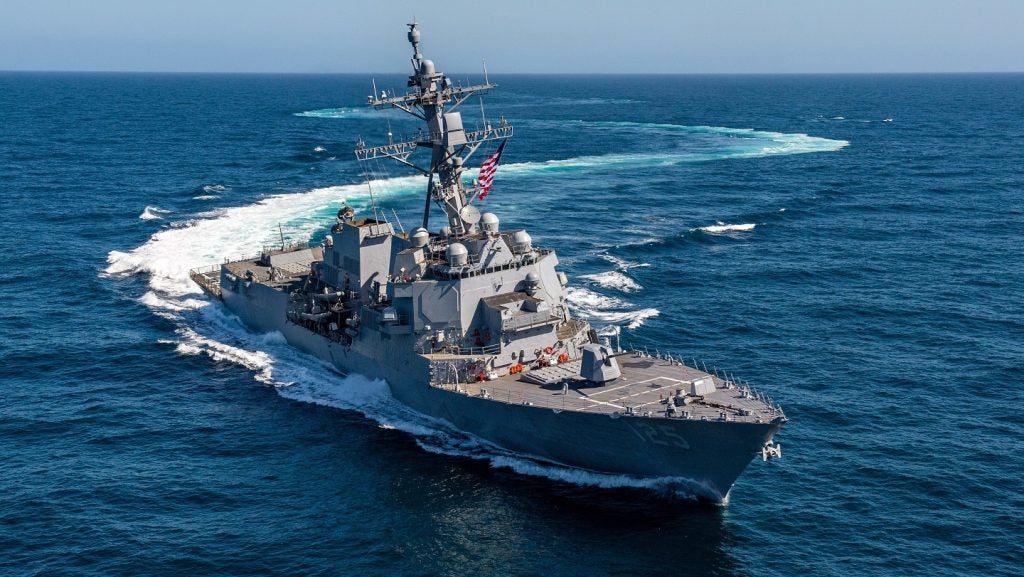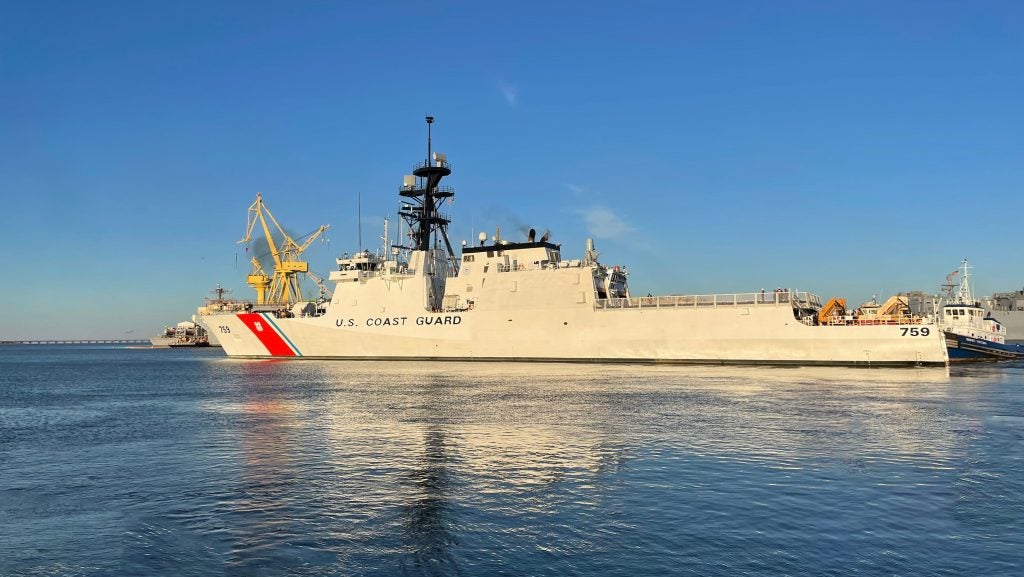The election victory of Argentine President-elect Javier Milei on 19 November has prompted a reaction from the UK Government, with UK Defence Secretary Grant Shapps stating on social media that the Falkland Islands “are British”, a stance that was described as “non-negotiable and undeniable”.
Making the statement on X, formerly Twitter, Shapps recalled that a 2013 referendum result on the Falkland Islands resulted in “99.8% of islanders voted to remain British”, with the UK committed two defending Falkland Islands residents’ “right to self-determination”.
Shapps also noted that the Batch 2 River class offshore patrol vessel HMS Forth had arrived within the Falkland Islands area of operations to replace sister ship HMS Medway as it rotated out. Lightly armed, the Batch 2 River class displace around 2,000 tonnes and typically used for maritime security operations far short of warfighting.
Comments attributed to the far-right populist Milei during the election campaign said that the country had a “non-negotiable” sovereignty over the Falkland Islands.
The UK and Argentina both have historic claims to the Falkland Islands, which is a collection of islands in the South Atlantic around 300km east of Argentina’s Patagonia region. The two countries fought a war in 1981 following Argentina’s invasion of the UK-controlled islands, resulting in hundreds of military deaths on both sides, and the UK retaining sovereignty.
The UK also holds sovereignty over South Georgia and the Sandwich Islands some 1,500km further east of the Falkland Islands.
Following the war, the UK moved to increase its permanent defence presence on the Falkland Islands, recently clarified in a series of parliamentary written responses on 17 November, outlining a fixed military aviation force of four Typhoon jets, supported by one transport aircraft (typically an A400M Atlas) and one A330 MRTT air-to-air refuelling aircraft.
The aforementioned HMS Forth is tasked as the permanent Falkland Islands patrol ship and is supported by UK military presence in the West Africa region. It is thought that Royal Navy nuclear-powered attack submarines make frequent deployments to the South Atlantic in support of UK sovereignty of the Falkland Islands.
There are around 1,500 UK military personnel stationed on the Falkland Islands at any one time.
Argentina's defence aspirations progress in 2023
According to GlobalData’s analysis of defence spending in Argentina, published in March this year, the country recorded $2.4bn (854.55bn pesos) in military expenditure in 2023. Over the next five years, Argentina is forecast to register a compound annual growth rate of 6.4% to value military defence spending at $3.2bn in 2028.
Analysis indicated that sovereignty disputes over the Falkland Islands and the modernisation of its armed forces have been the major drivers of Argentine defence expenditure. However, the turbulence in the Argentine economy, which was exacerbated by the Covid-19 pandemic, has affected Argentina's ability to spend on its armed forces.
That said, historical struggles in Argentina’s defence modernisation have moved some way towards being resolved in recent years, with progress being made in areas such as military aviation. A post on X from the US State Department earlier in October his year revealed officials had approved the transfer of F-16 fighters from Denmark to Argentina.
“The transfer reaffirms our close defence ties and steadfast support for Argentina’s air force modernisation efforts,” the US State Department post read.
A press statement issued on 19 November from the US Department of State said that the US “looked forward to working with President-elect Milei and his government on shared priorities that benefit the people of both countries, including protecting human rights and democracy, addressing climate change, and investing in the middle class”.
Other recent military equipment sales to Argentina include an additional four P-3 Orion maritime patrol aircraft, Bell 407GXi helicopters, as well as additional rotary acquisitions from India’s HAL and Europe’s Leonardo. Perhaps of most concern to UK defence planners is the mooted acquisition by Argentina of French Scorpene submarines, which would add a significant subsurface capability to the Argentine Navy.
However, the defence disparity between Argentina and the UK is significant, with the UK’s defence budget calculated at $63.9bn (£50.99bn) in 2022, more than 26 times the 2023 expenditure by Argentina. GlobalData analysis indicates that the UK will spend $75.6bn on defence by 2027, which will equate to 2.4% of GDP, according to the 2022 forecast.
Our signals coverage is powered by GlobalData’s Thematic Engine, which tags millions of data items across six alternative datasets – patents, jobs, deals, company filings, social media mentions and news – to themes, sectors and companies. These signals enhance our predictive capabilities, helping us to identify the most disruptive threats across each of the sectors we cover and the companies best placed to succeed.
Additional reporting by Harry McNeil.











